Why is it so damn hard to get a paper retracted?
Despite the real-time scrutiny of internet publication, getting a paper retracted or corrected turns out to be nearly impossible.

Send us a link
Despite the real-time scrutiny of internet publication, getting a paper retracted or corrected turns out to be nearly impossible.

It may not be sexy, but quality assurance is becoming a crucial part of lab life.
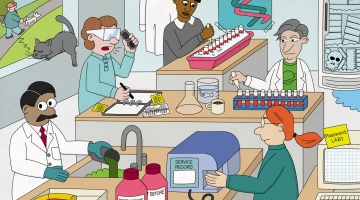
Stephan Lewandowsky and Dorothy Bishop explain how the research community should protect its members from harassment, while encouraging the openness that has become essential to science.
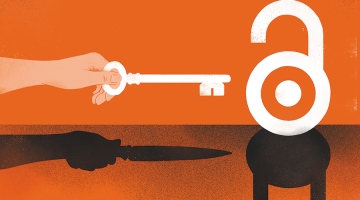
Researchers are “choosing their lottery numbers after seeing the draw”, making medicine less reliable - and respected journals are letting them do it.

Some papers cite the retracted work to examine the retraction itself. Others may simply be pointing out that the findings of a withdrawn paper have been proven false.
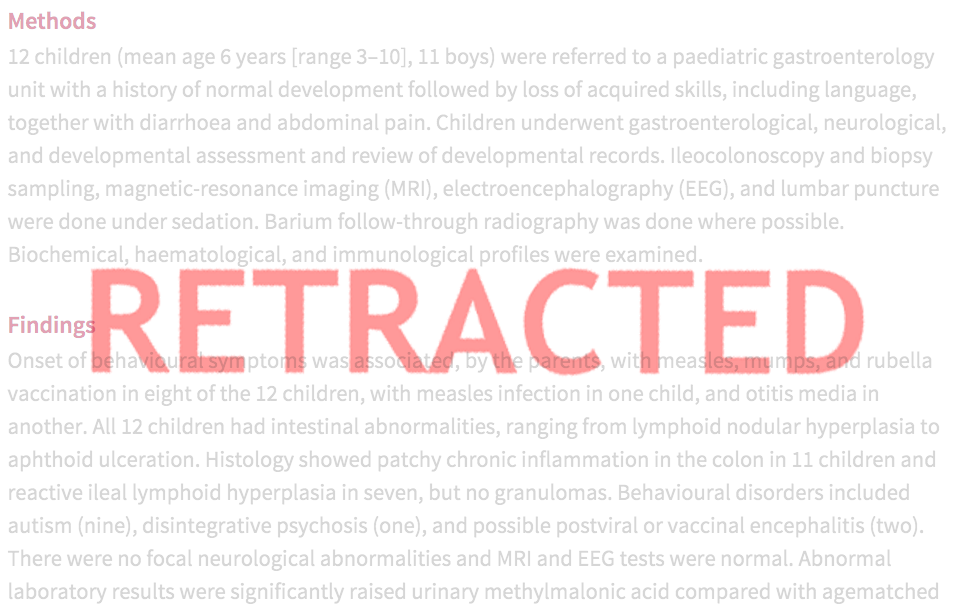
Analyzing three decades' worth of PubMed-indexed abstracts, scientists find a notable increase in the frequency of positive words, like "innovative" and "novel", over time.
‘Too many institutions’ are ready to ‘sweep fraud under the carpet’.
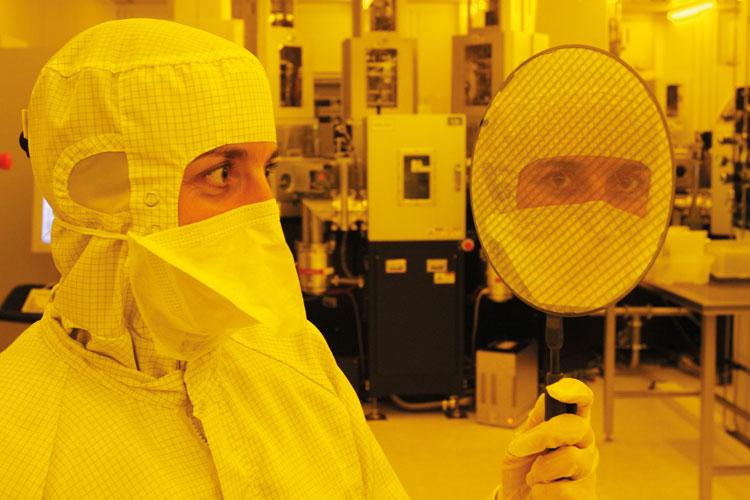
The distribution of p-values in reported medical abstracts provides evidence for systematic error in the reporting of p-values..
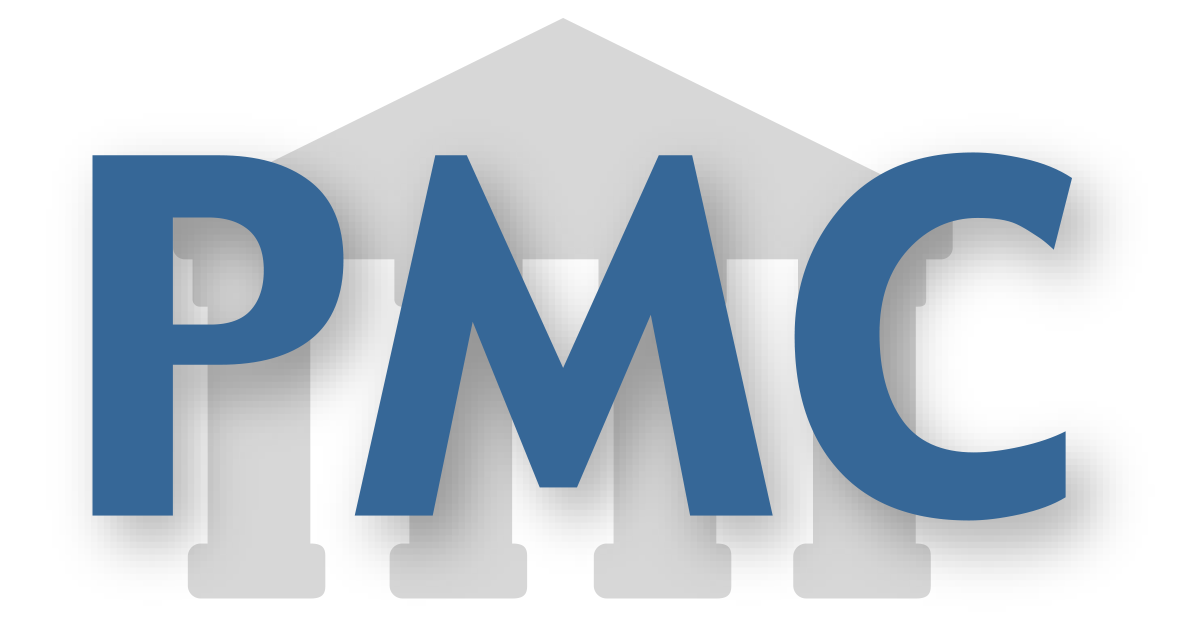
Research shifted focus away from harms of sugary drinks to exercise benefits.
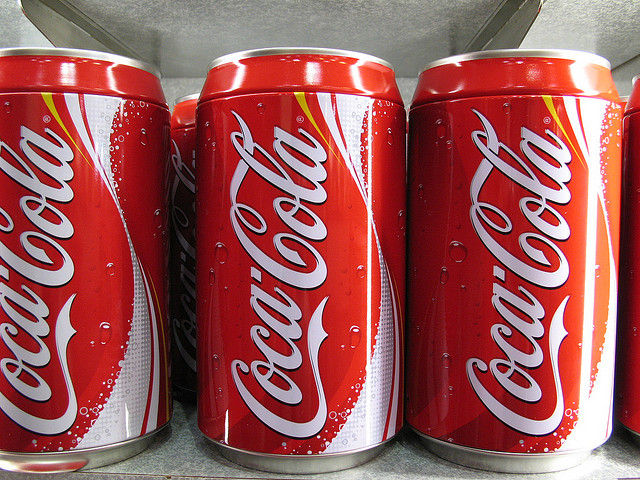
The question has actually been addressed in the scientific literature and the data don’t seem to support this assumption.
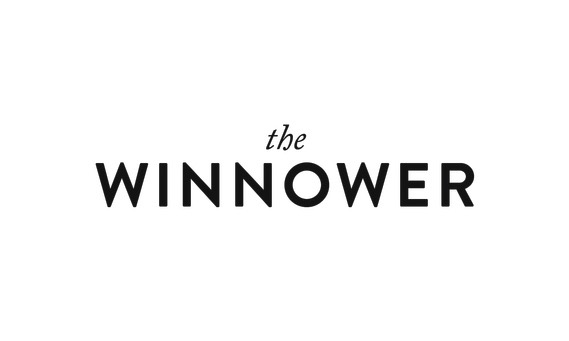
A debate is growing in the research world over the value of replicating older, peer-reviewed studies.
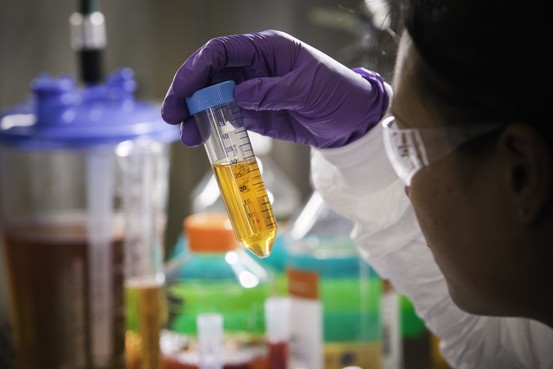
We need to ensure the reward and support structures in academia promote the best practices rather than corner cutting.

In a four-paragraph editorial published in 2014, the "Journal of Criminal Justice" made 47 citations, all of other pieces that had appeared in the same publication.
According to a new paper, the "deluge" of new scientific papers that academics have to read makes it all but impossible to know what research to trust.

Scientific dishonesty essentially results from an incentive problem.
‘Overflow’ has important implications for the integrity of modern biomedical science.
After correcting a paper due to problematic figure panels, researchers led by Olivier Voinnet have now retracted it.
[11]A new study found that 31% of men engage in self-citation, compared to only 21% of women.
Springer is pulling another 64 articles from 10 journals after finding evidence of faked peer reviews, bringing the total number of retractions from the phenomenon north of 230.
Peer review may not spot fraud – so universities need to be vigilant in tackling any wrongdoing among their staff.
"Making non-attachment a central part of science education would beat the hell out of ethics classes and regulations about the use of Photoshop in preparing figures."
What are the right lessons to draw from the rise in scientific retractions?

Another domino has fallen in a chain of retractions for Robert Weinberg, the man who discovered the first tumor-causing gene in humans.
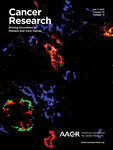
Efforts to reduce and prevent misconduct might be most effective if focused on promoting research integrity policies, improving mentoring and training, and encouraging transparent communication amongst researchers.
The case of Dong-Pyou Han illustrates the uneven nature of penalties for scientific misconduct.
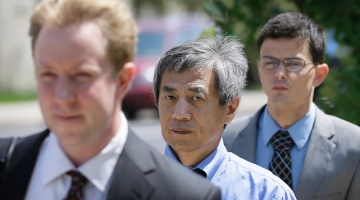
This study questions the reliability of life science literature, it illustrates that data duplications are widespread and independent of journal impact factor and call for a reform of the current peer review and retraction process of scientific publishing.
Who has the most retractions? Here's the Retraction Watch list.
Investigating fraud is hard work, and it is easier for journal editors to ignore the problem and perpetuate the myth that peer review of trial reports ensures their scientific quality.
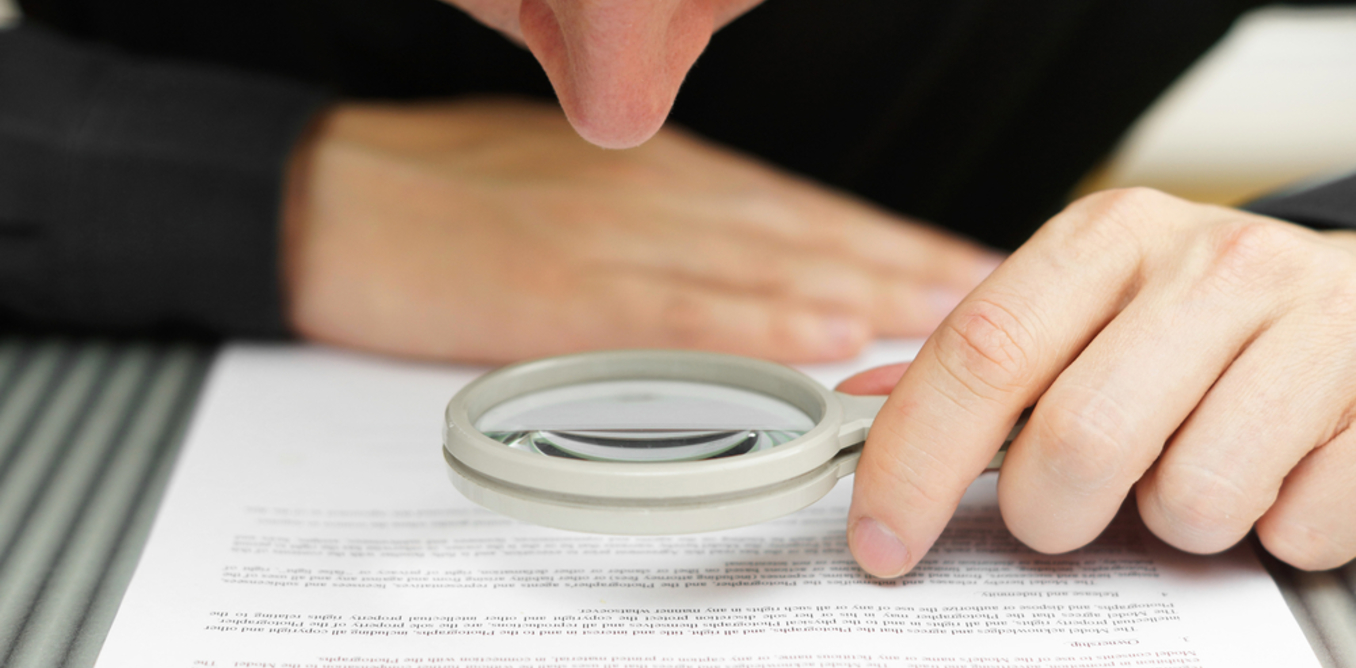
Productive researchers with high-impact papers and those working in countries were the pressure to publish is intense are less likely to produce retracted papers and are more likely to correct them.